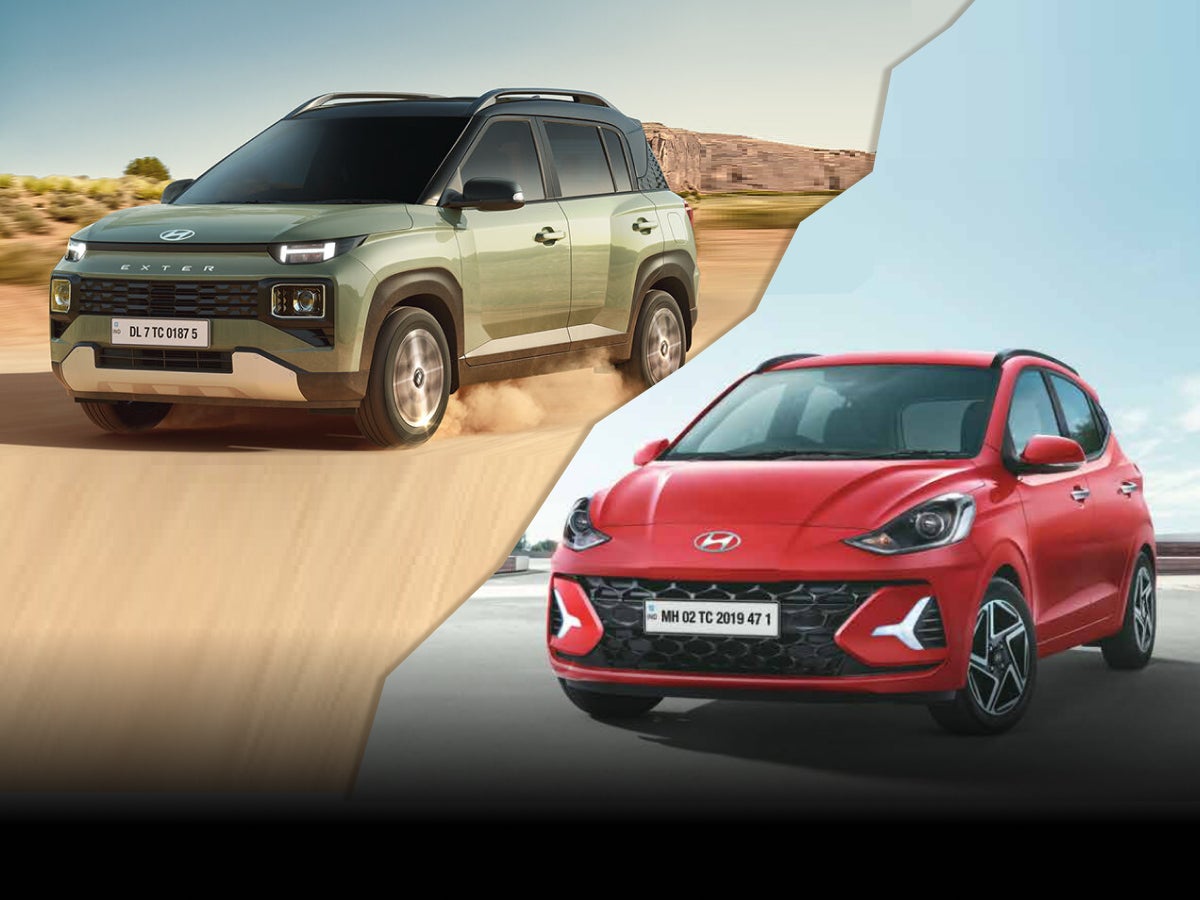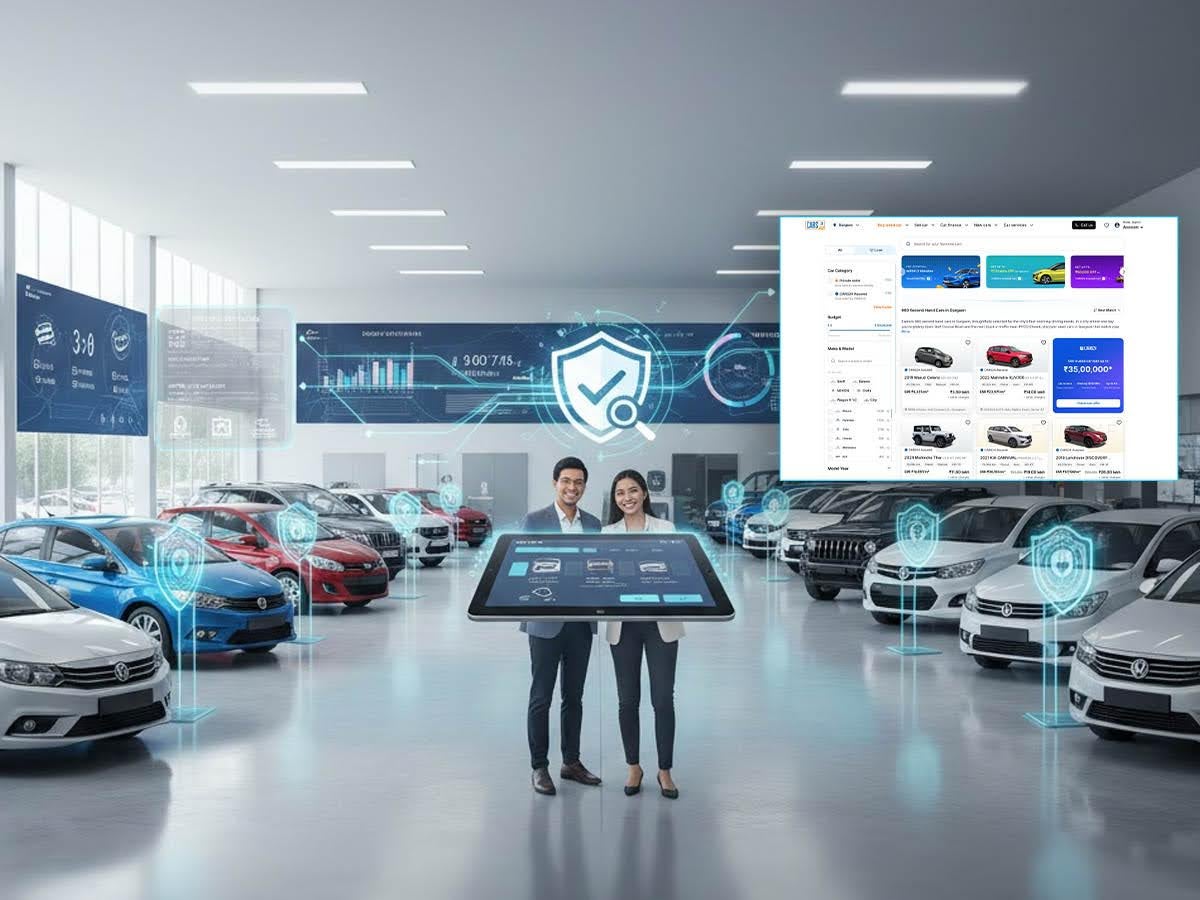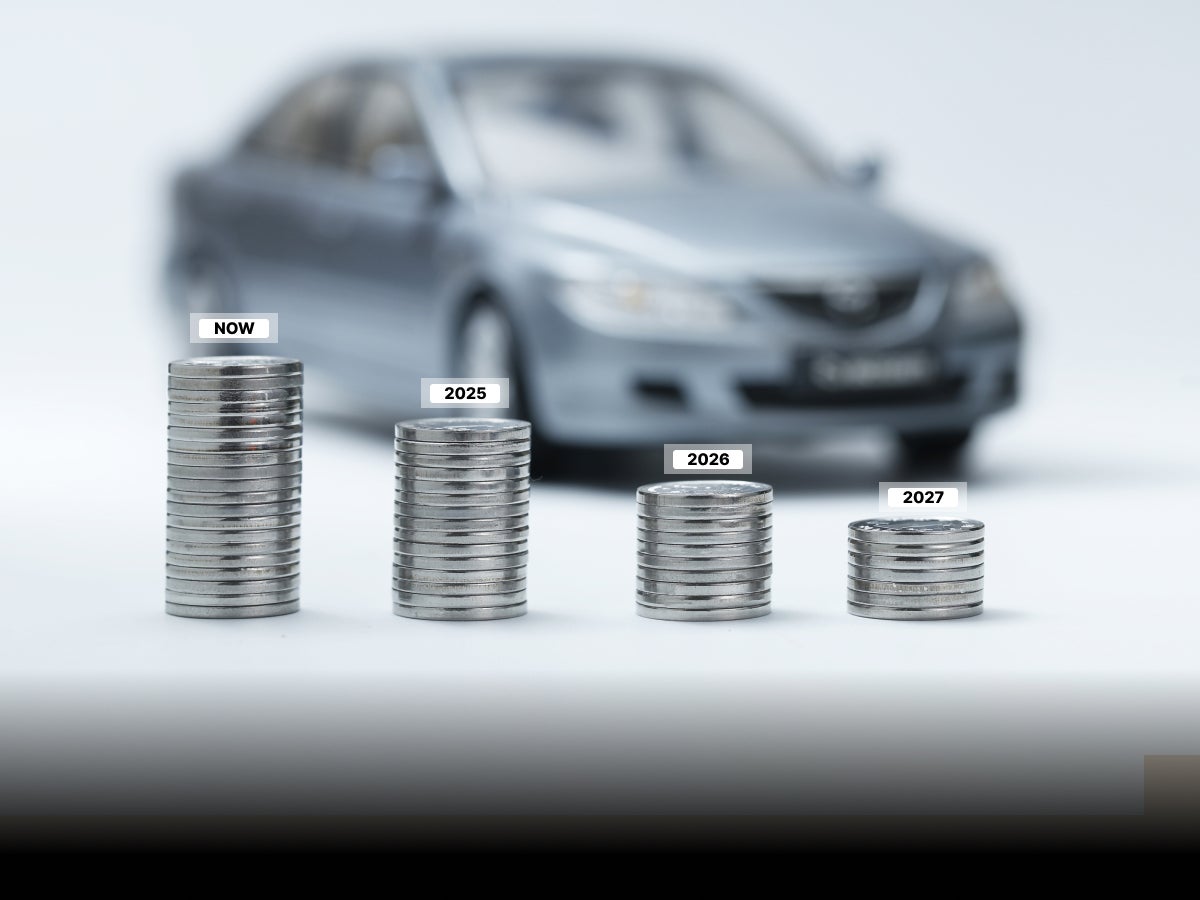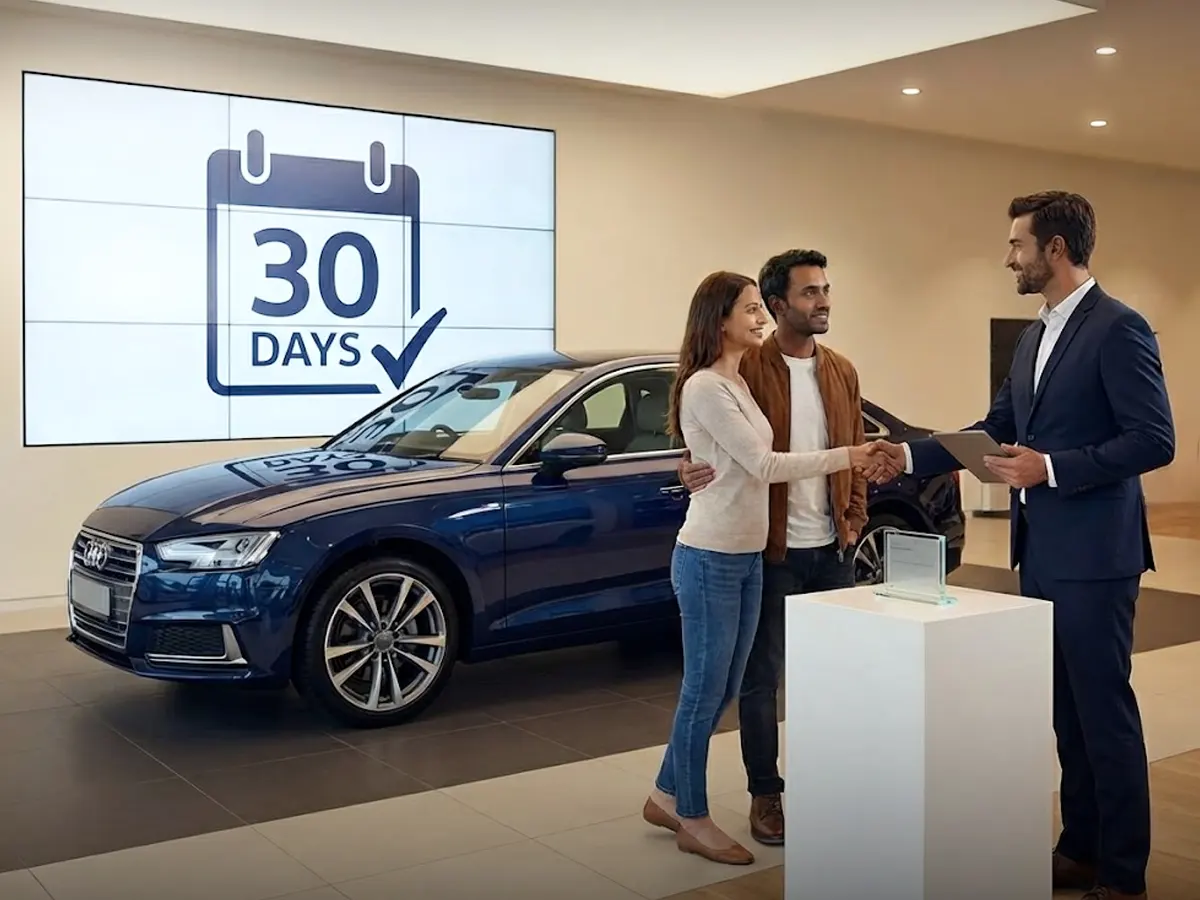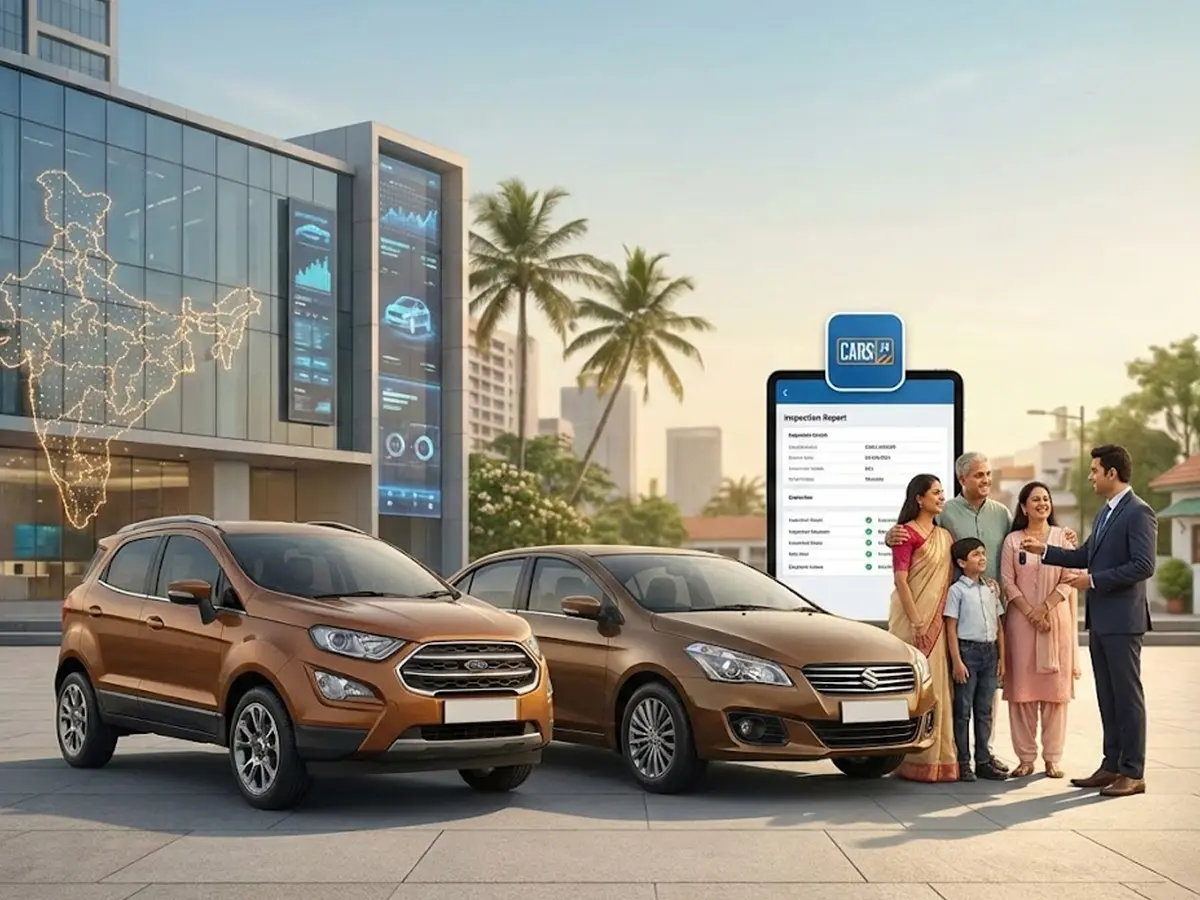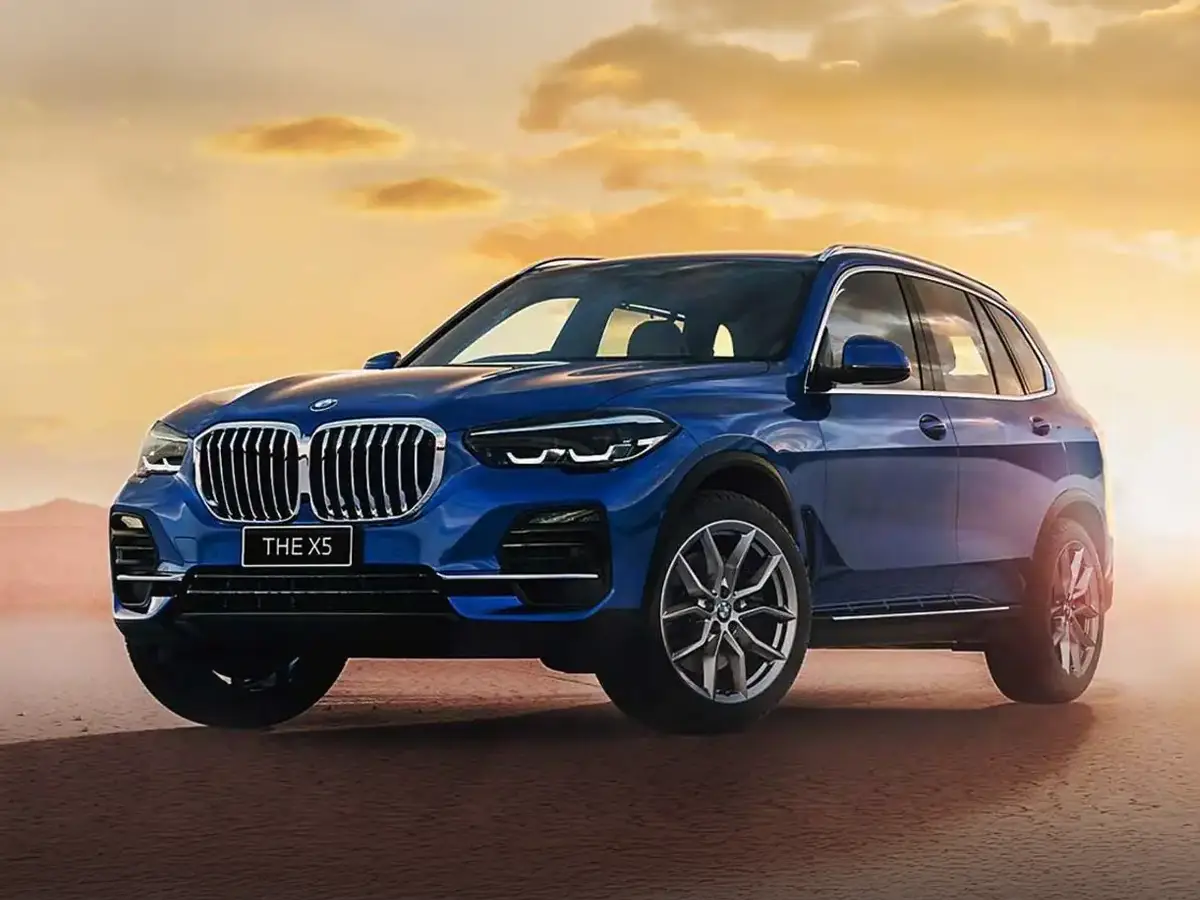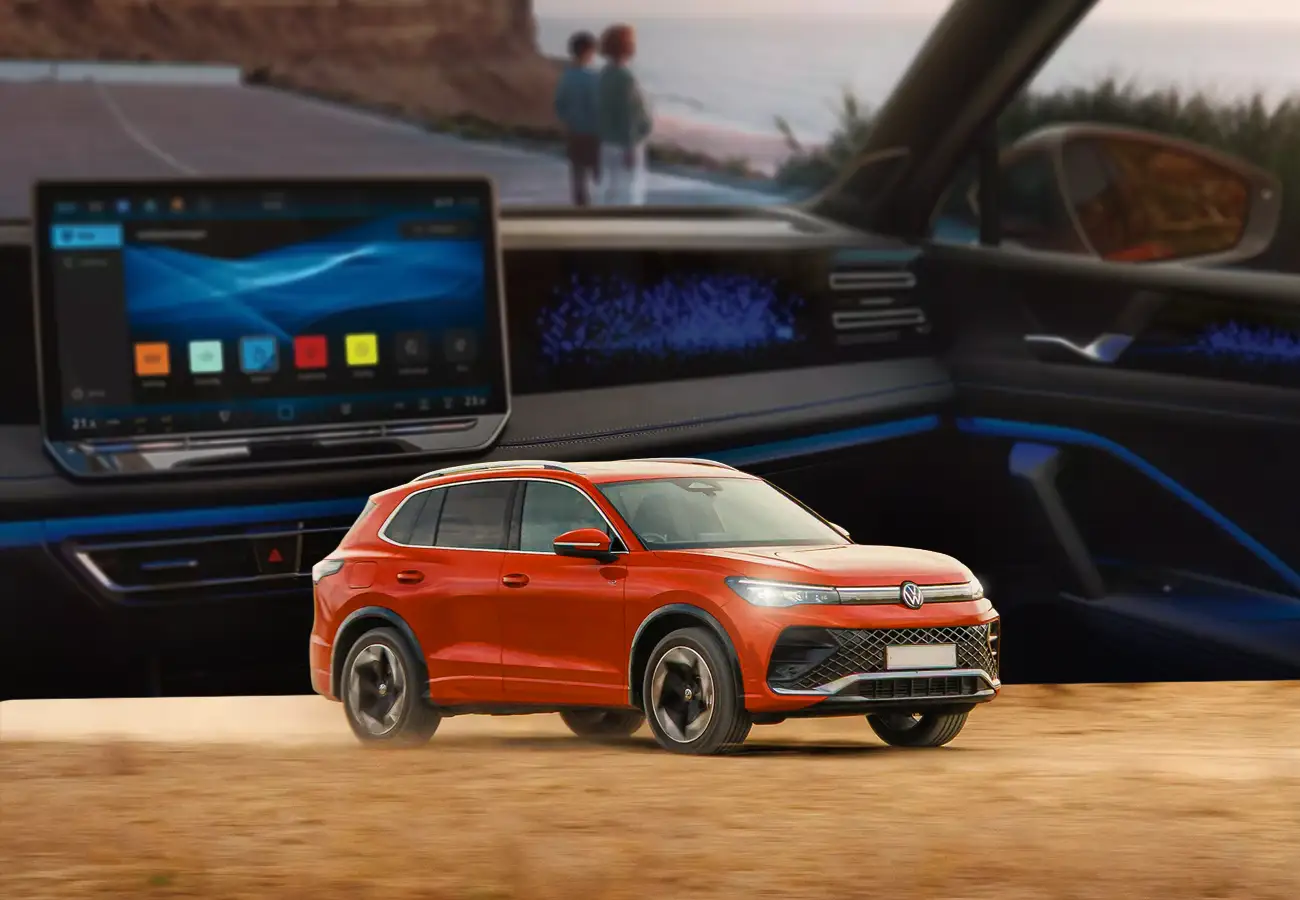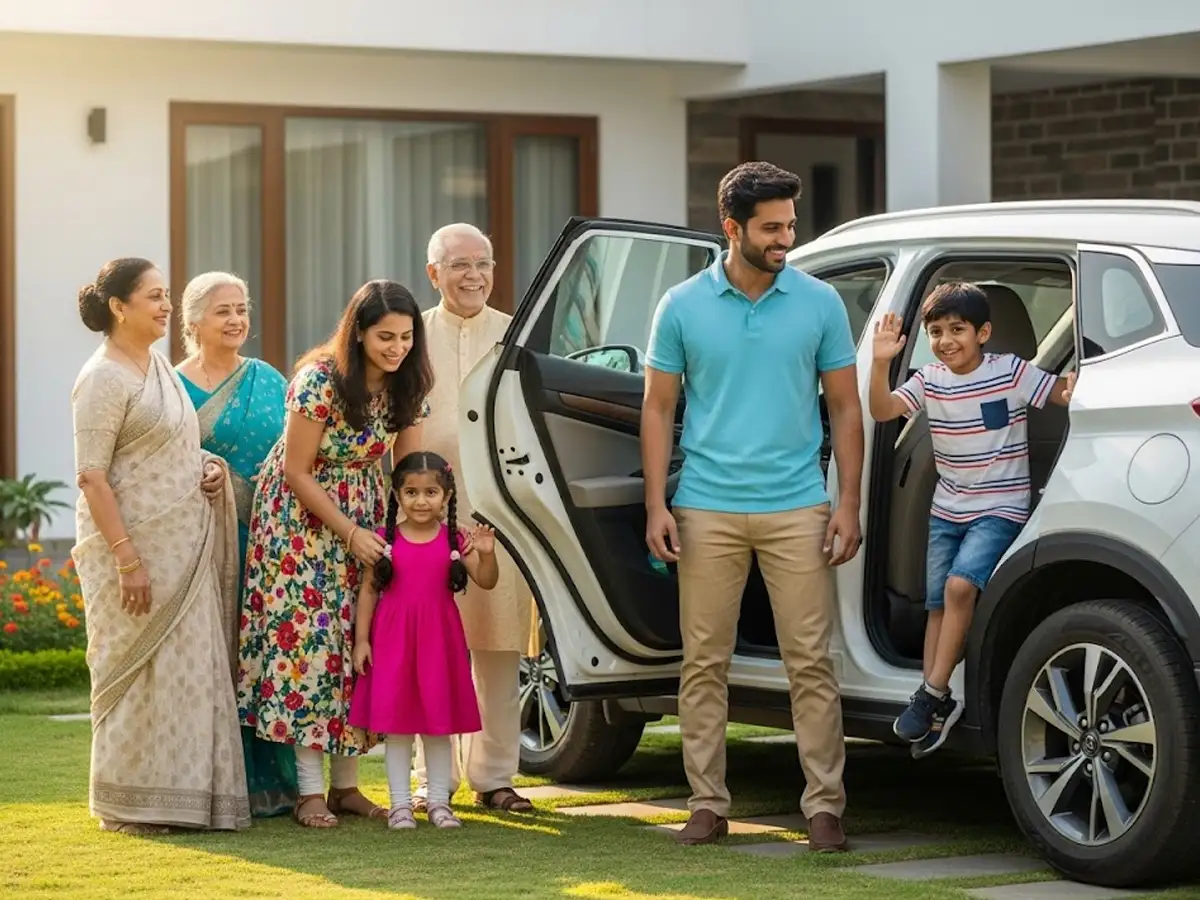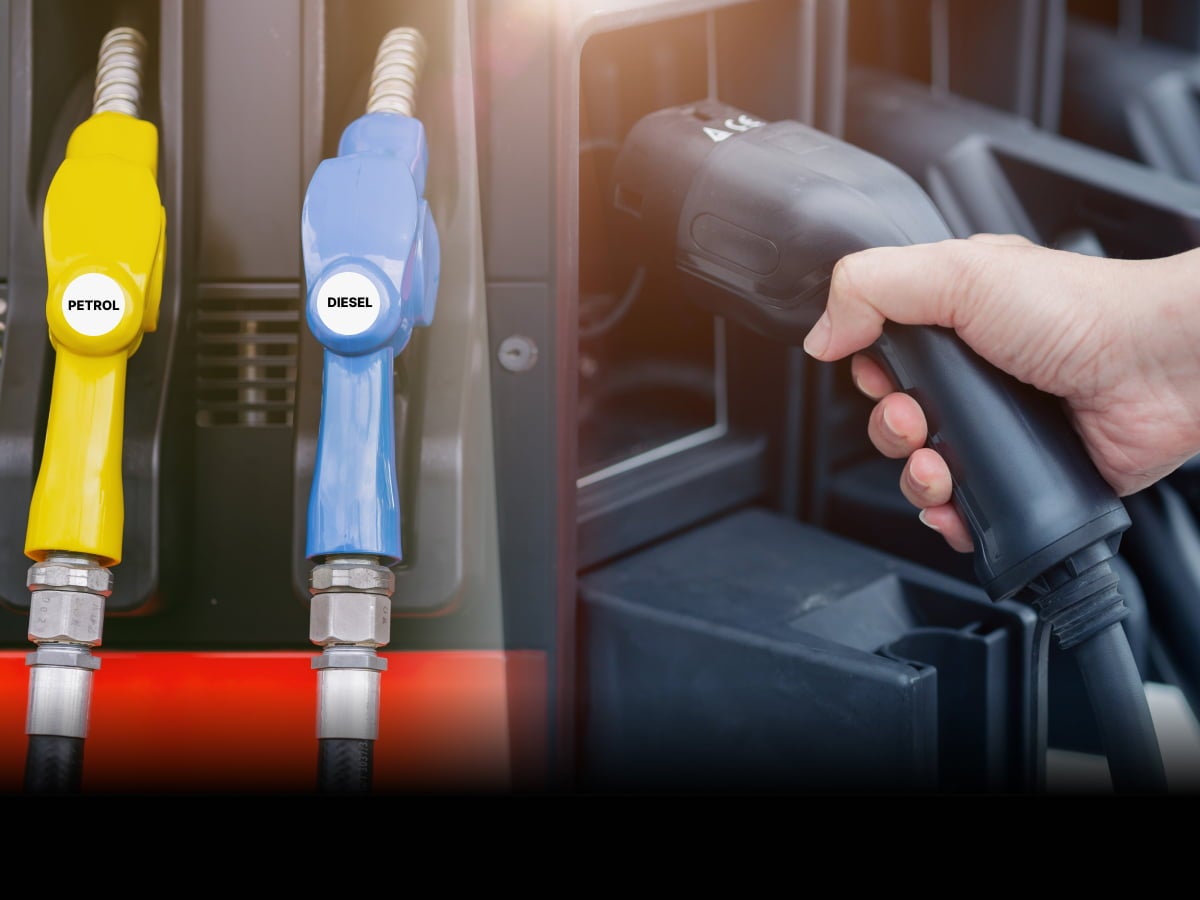

Petrol vs Diesel vs Hybrid vs CNG vs Electric: Which Car To Choose
- 1Fuel choice affects cost and performance: Pick based on budget and needs
- 2EVs are eco-friendly: Zero emissions and low running costs for urban users
- 3CNG saves money: Cost-effective with lower emissions, ideal for city driving
When buying a car, fuel type is a key factor that can significantly influence one’s buying decision. Modern cars are powered by a host of different technologies, each with its own merits and demerits. As such, your choice of fuel type – petrol, diesel, hybrid, CNG or EVs (Electric Vehicles) – can have implications on factors like initial buying cost, running cost, and usage patterns. This guide dives into the specifics of each fuel type, helping you choose the best car for your needs.
Petrol

Petrol cars are often more affordable upfront, compared to diesel counterparts. As a matter of fact, new or used cars with petrol engines tend to be the most affordable to buy upfront than other options in this list. Petrol engines provide a smooth driving experience and are generally quieter.
They also deliver a more linear acceleration response, delivering even performance throughout the rev range. With advancements in engine technology, modern petrol engines now offer better mileage than before. But in the grand scheme of things, the other propulsion options tend to be more efficient and lighter on your pocket.
Who Should Buy? - Ideal for city commuters and those with occasional driving needs.
Cost Implications - Affordable to buy and maintain but higher running costs.
Resale Value - Good resale value, especially for small and mid-segment cars.
Diesel
Diesel cars are known for their durability and high fuel efficiency, particularly over long distances. Diesel engines deliver better torque, making them ideal for big and heavy SUVs. As a matter of fact, used diesel cars are great if your daily travel is more than a few hundred kilometers.
Historically, diesel was cheaper than petrol in India, although this price gap has narrowed in recent years. However, stricter emission norms have resulted in diesel cars from being a less favourable pick. The National Green Tribunal’s (NGT) ban on diesel cars older than 10 years has further hurt the case of diesel cars, reducing their resale value too.
Who Should Buy? - Long-distance travellers or people who frequently drive on highways.
Cost Implications - Higher upfront cost but cost-efficient for extensive usage.
Resale Value - Resale value may drop due to increasing regulations against diesel vehicles.
Hybrid

Hybrid cars primarily run on petrol but use assistance from an electric motor and battery. The electric motor can take over the driving duties from the internal combustion engine (ICE) to yield higher fuel efficiency figures. This also affects the emission levels of hybrids, making them more eco-friendly than regular ICE cars. Hybrid cars are more expensive than petrol models, but used hybrid cars can be more affordable.
Furthermore, there are a number of sub types within hybrid vehicles, each with a slightly different way of working and assisting the engine. Depending on the type of hybrid system, electric motors can provide a temporary boost in performance or enhance efficiency. In some plug-in hybrids, you might have to charge the car while mild hybrids use regen braking alone.
Who Should Buy? - Hybrids are best for use in congested cities with heavy stop-and-go traffic
Cost Implications - More expensive than petrol but lower running cost.
Resale Value - High resale value due to the ease of use.
CNG (Compressed Natural Gas)
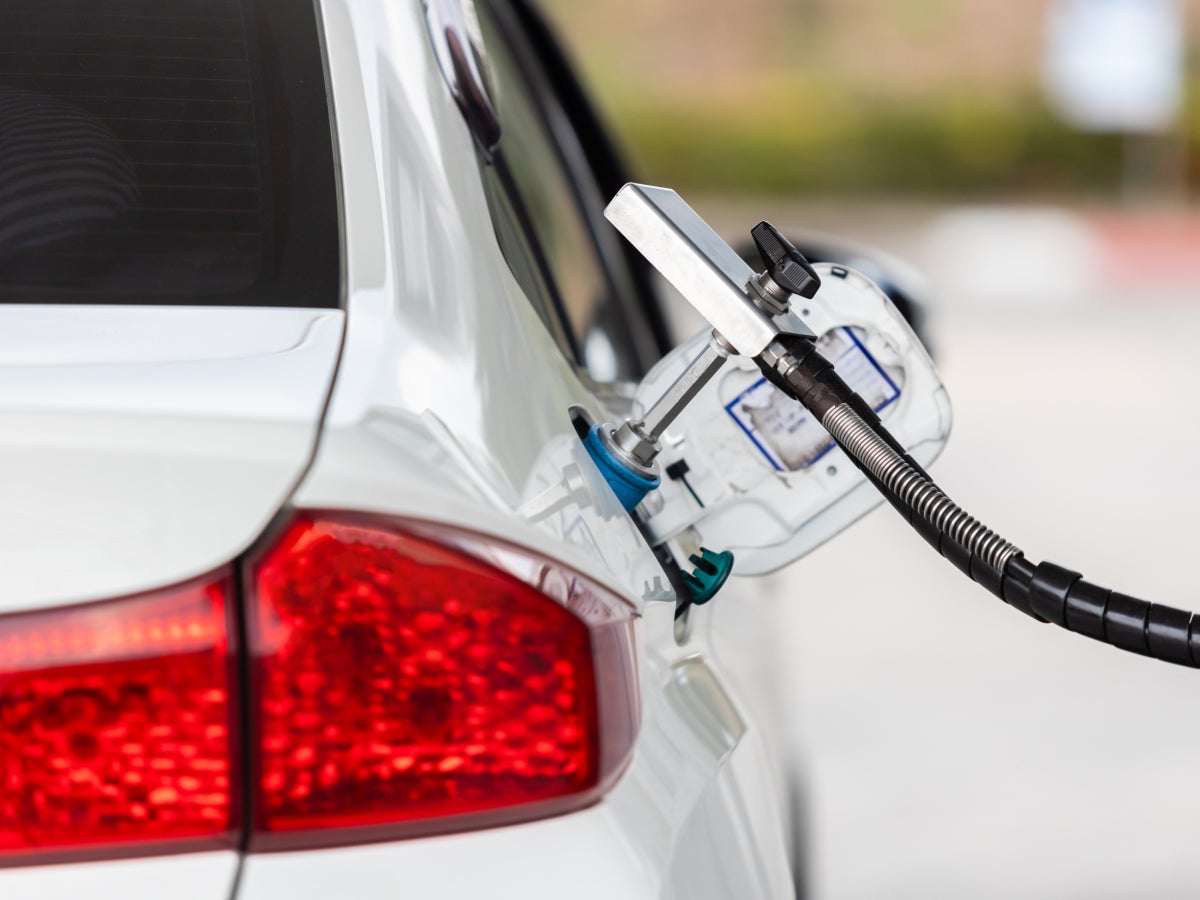
CNG is an economical and environmentally friendly alternative to traditional fuels. It is a cheaper option to adapt and more popular in budget cars than hybrids. Cars with factory-fitted or retrofitted CNG kits are a common sight in cities nowadays. While CNG results in lower emissions, its performance is slightly reduced.
Another benefit of CNG cars is the low running cost as CNG is not as expensive as petrol or diesel and you can cover more kilometres per kg of CNG. If one considers buying a used CNG cars, it is best to check if the vehicle uses an OEM company fitted CNG or an aftermarket CNG kit. If the car uses an aftermarket CNG kit, the buyer must ensure that it is an RTO authorised kit.
Who Should Buy? - Eco-conscious buyers looking for low running costs and city use.
Cost Implications - Affordable and economical, but requires access to CNG infrastructure.
Resale Value - Slightly lower than petrol cars due to niche appeal.
Electric Vehicles (EVs)
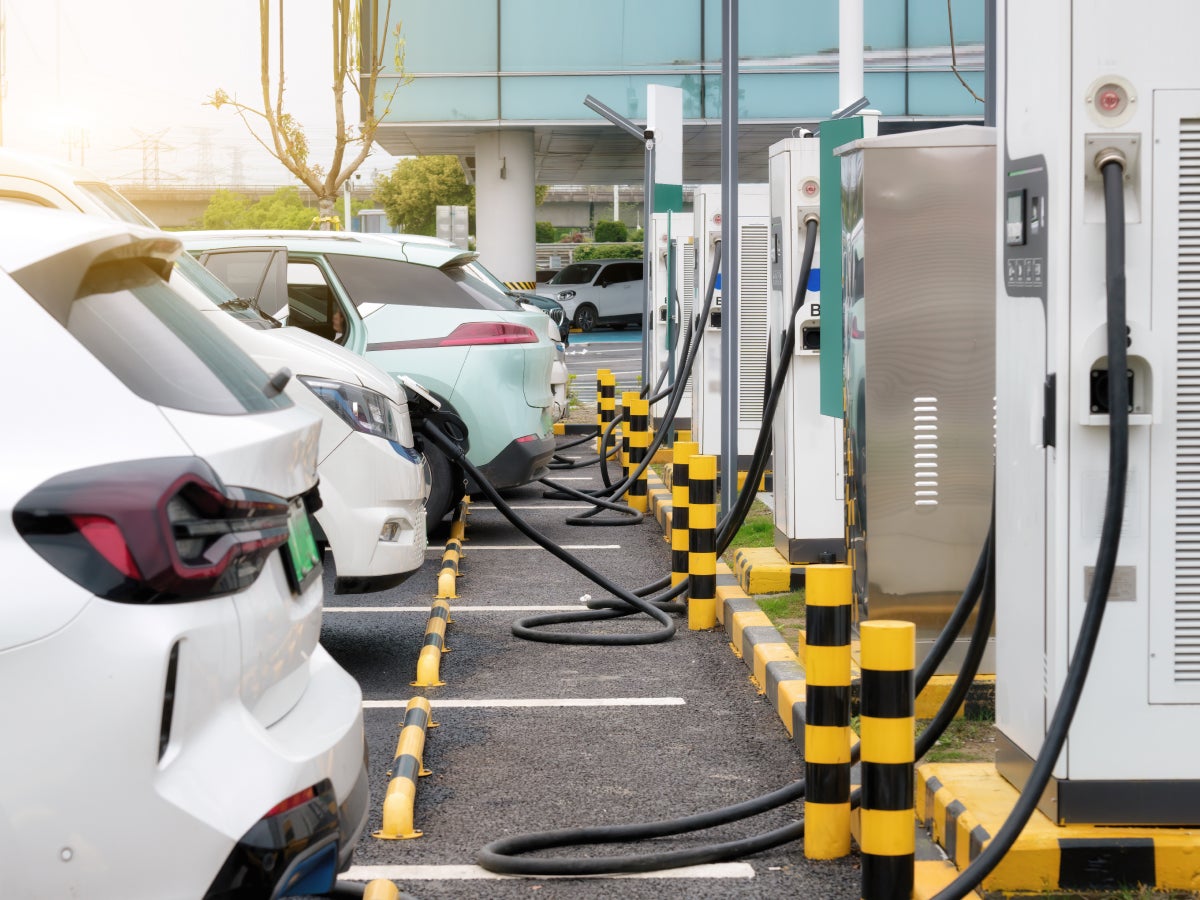
Electric vehicles run on electricity stored in rechargeable batteries and produce zero tailpipe emissions. This makes them much kinder to the environment than any other type of fuel on this list. With significant incentives from the Indian government, including subsidies and tax benefits, EVs are viable for urban commuters.
However, EVs can take a long while to charge depending on the speed of the charger and the maximum supported charging rate. Despite the subsidies, the initial buying cost of EVs is still rather high, but used electric cars are available at a lower price. However, when buying used electric cars, it is imperative to consider the battery’s state of charge or battery health, battery charge cycles, existing battery warranty and vehicle mileage.
Who Should Buy? - Urban buyers focused on sustainability and long-term savings.
Cost Implications - High upfront cost offset by subsidies and low running costs.
Resale Value - Improving with battery warranty programs and growing demand.
Understanding the Different Fuel Types Of Cars
| Feature | Petrol | Diesel | CNG | EV | Hybrid |
| Fuel Price | High | Lower than petrol | Very Low | Most affordable of the lot | High |
| Car Price | Most affordable | Slightly higher than petrol | Somewhere between petrol and diesel | Most expensive | More expensive than diesel cars |
| Performance | Linear and smooth | Torque-heavy | Lacks the same punch as petrol | Instant acceleration | Comparable to diesel |
| Boot Space | No impact | No impact | Usually compromised | No impact | Can be compromised |
| Mileage | Lowest of the lot | Higher than petrol | Comparable to diesel | The range of EVs tends to be less than ICE vehicles | A little less than CNG |
| Running Cost | High | A bit lesser than petrol | Lower than petrol and diesel | Very low | Comparable to diesel |
| Maintenance Cost | Lower than diesel | High running costs due to more wear and tear | More than petrol cars | Less number of moving parts result in lower costs | Almost similar to that of petrol |
| Environmental Friendliness | Harmful | Most harmful | Less harmful than petrol | Emits zero tailpipe gases | Less harmful than petrol |
| Fuel Availability | Easily available | Easily available | Not as easily available as petrol or diesel | Chargings stations are few but growing | Easily available |
| Engine life | Almost as durable as diesel engines | Durable and long-lasting | Same as petrol | The electric motor can last very long | Same as petrol |
Conclusion
In conclusion, each fuel type has its own merits and demerits. Choosing the right type of car will depend on one’s driving habits, budget, and accessibility. Petrol, hybrid and diesel cars are the easiest to operate if you do not want too many hassles. CNG cars balance cost and eco-friendliness, while EVs give you the lowest running cost and affect the environment the least, at the cost of initial adoption struggles.
The used car market also provides great opportunities to own vehicles across all fuel types at reduced costs. Now that you are equipped with the ins and outs of all these fuel types, you can make the right call for your needs. Don’t forget that CARS24 has a large selection of pre-owned cars for you to browse through.
Frequently Asked Questions
Expand all

